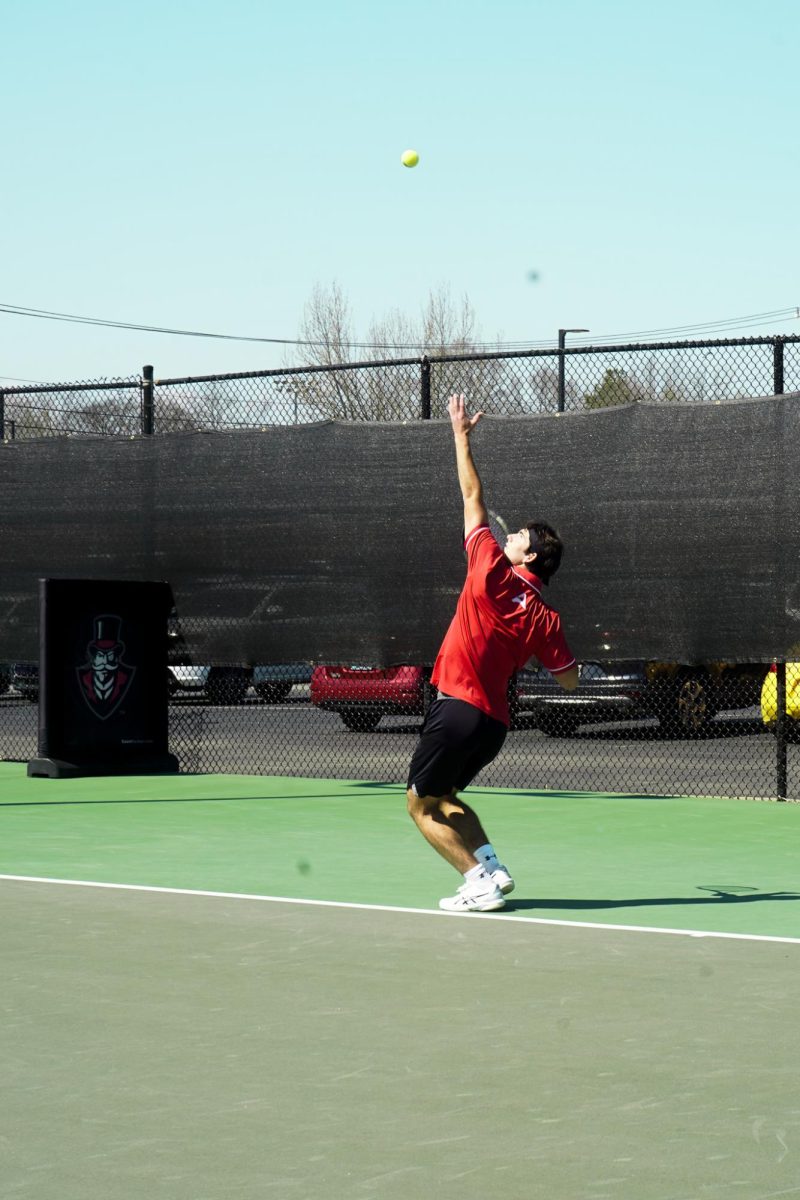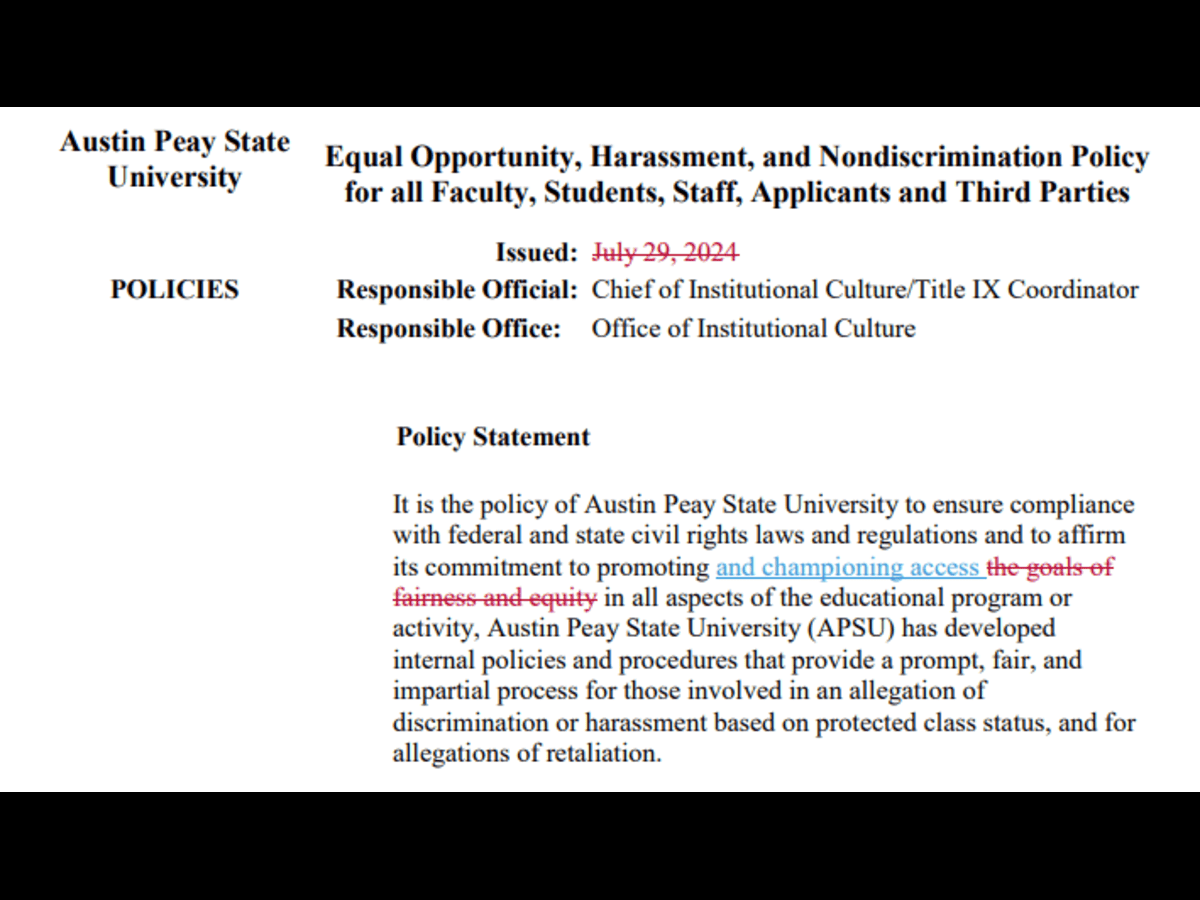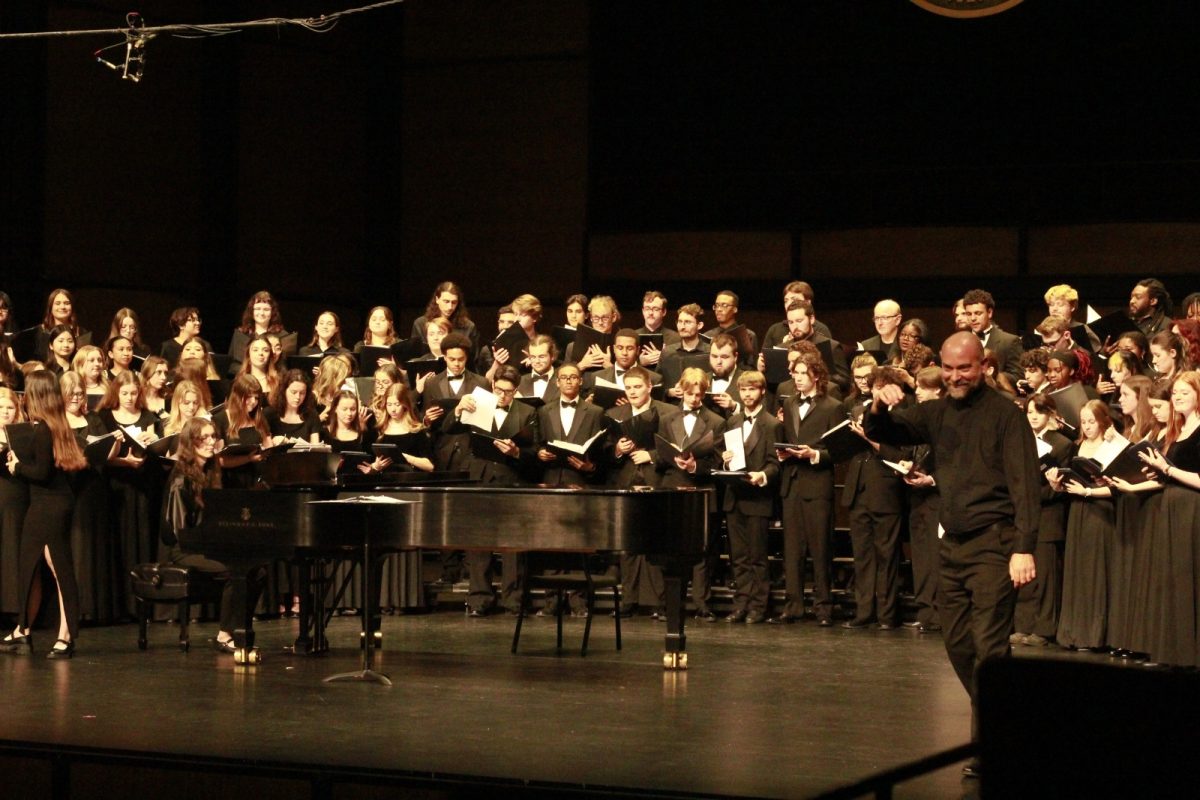By Myranda Harrison, Staff Writer
Starting in May 2014, APSU will be gathering roughly 12 to 18 students for a study abroad program in China.
APSU has a variety of study abroad programs offered to students in countries, such as Spain, London, Greece and Africa, but there has never been one offered in China. This newly-offered program is through the sociology and political science departments with sociology professor Ying Ma and political science professor Matthew Kenney.
Ma is new to the sociology department and to APSU. She is from Nanjing, China – the city where the study abroad will travel. Ma graduated college in 2000 and went for her master’s degree in 2003 and joined the staff this year.
Kenney has been with APSU for more than 12 years.
The classes Ma and Kenney will be teaching are ‘Globalization’ and ‘Politics and Government in China.’ According to Ma, students will also be a part of a service-learning program where they will have the opportunity to teach English as a second language to Chinese students.
“China is a growing power in this globalization age,” Ma said. “Nothing has been offered in China and this is a great opportunity for students to have a different experience.”
The trip will last four weeks and, unlike some other study abroad programs, students will not be staying with host families. They will instead be staying in a hotel on the campus where their classes will be taught.
“They will have a lot of interaction with the students on campus and those in the city,” Ma said. There will be three or four field trips every week to traditional landmarks in Nanjing to give students a view of how the Chinese live and work.
Ma and Kenney have received a few phone calls from students who are interested in the new excursion.
“An exchange with China is an excellent opportunity because China is the second largest economic super power,” said Keedy Brurdeshaw, a sophomore communications major. “Getting to experience this culture would benefit any academic study because of the benefits of an extremely diversified culture.”






